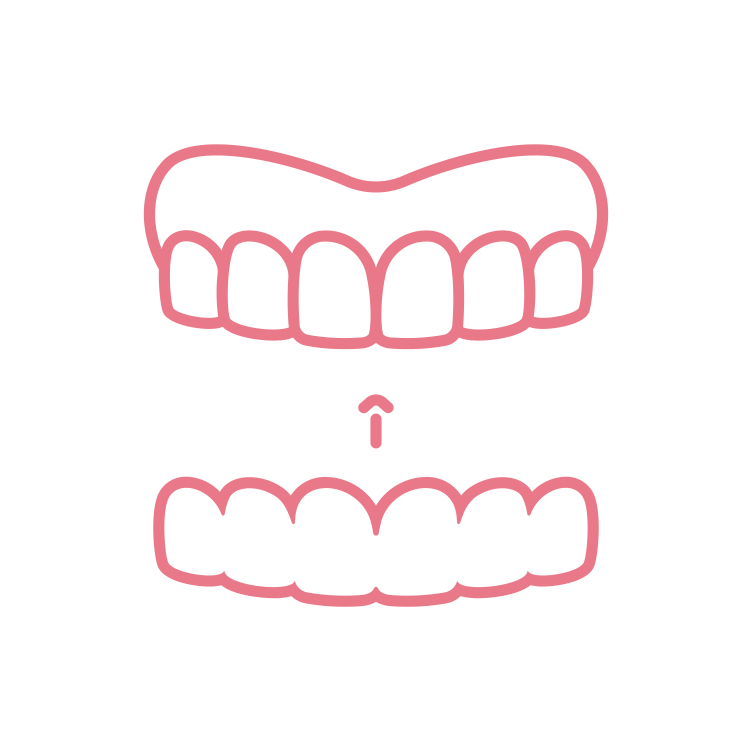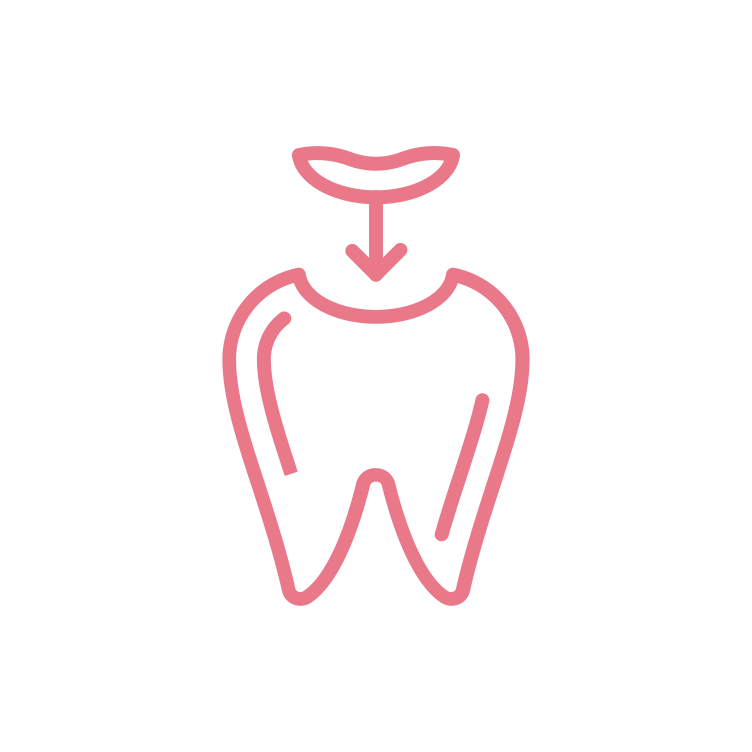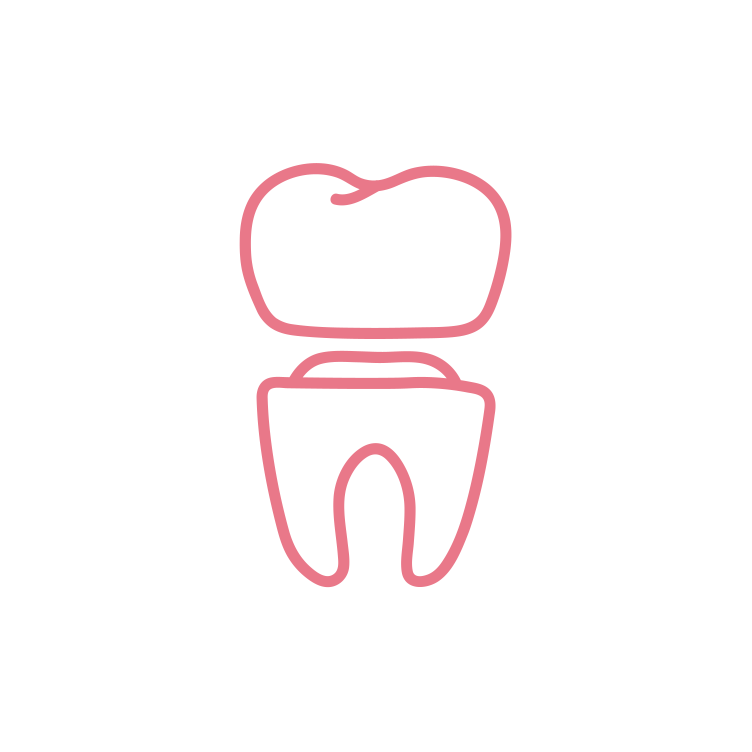A Doctor's Tips for Spotting Fake COVID-19 News
While trying to be safe during these pandemic times, it is also essential to keep yourself updated regarding accurate news information. This may not be as easy as it sounds. It might be hard to recognize which is myth and fact. Social media platforms are real quick at making information go viral.
The problem with fake news is that it can prevent the actual health information from reaching us. Giving out advice based on false news may lead to more harm than good.
Some of these tips below can help you avoid fake news and find credible information.
Look for the date:
As the information about COVID-19 keeps changing time by time, look into the date the article was published to check for relevant data.
Check for the author's name:
Make sure to read about the advances made in COVID-19 written by a qualified author. It will be better if you check for medical reviews made by authorized doctors or medical professionals. To know about the qualifications, just check the author's bio.
Look into the sources or references:
If the article you come across is talking about a study made in China, the UK, etc., check for the hyperlinks to the sites that take you to the scientific journal article. In some sites, sources might be mentioned in the last part of the article. Some fake news columns may also use vague references, so ensure to check properly. The reference should also be from a qualified author.
Is The Website Legitimate?
Take a look at the website's 'about' page to check for the organization that supports them, including their mission and values. Also, look closely to find whether the logo or URL used for the fake website is copied from a legitimate website or not.
Is this information there on the other websites?
All the COVID-19-related factual news keeps the information provided consistently throughout the legitimate websites. If you find that something you read is too different from the news on other websites, start researching, and if there are recommendations that aren't there on websites like CDC, WHO, then seek the Department of Public Health or your doctor for guidance.
It might be quite hard to figure out true or false information, but with your health at stake, do look into the accurate information provided only. So, make sure to check several contents and only then share the article with your family and friends.










